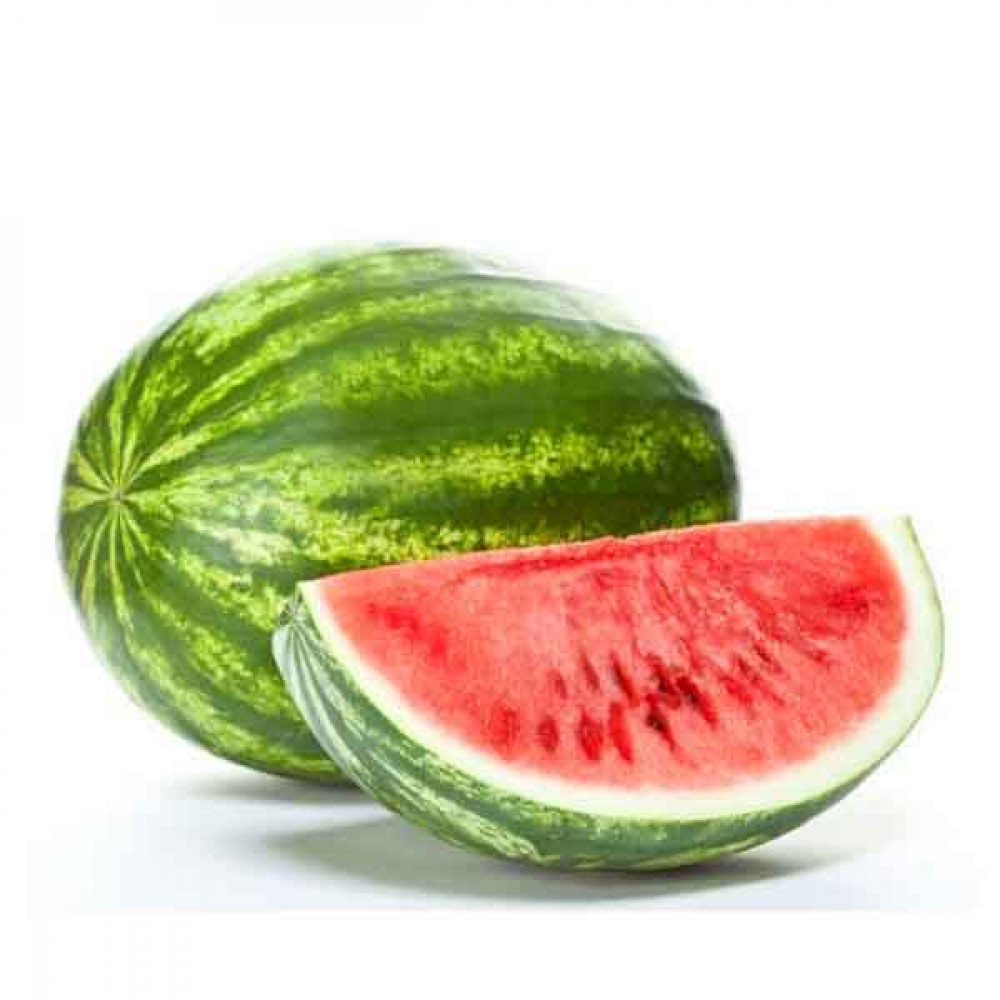Description
Origin:
Watermelon is believed to have originated in the deserts of Africa, particularly in the region of modern-day Sudan. It has been cultivated for thousands of years and spread to Mediterranean countries and eventually worldwide.
Watermelons are both a fruit and a vegetable, related to cucumbers, pumpkins, and squash.
Every part of the watermelon is edible, including the rind and seeds.
The world’s heaviest watermelon weighed over 159 kg (350.5 lbs).
Other Names:
Yoruba: Ẹlẹgede
Igbo: Anyụ mmiri
Hausa: Kankana
Health Benefits:
High water content (over 90%) helps with hydration.
Rich in vitamins A and C, supporting skin health and immune function.
Contains lycopene, an antioxidant linked to heart health and reduced cancer risk.
Supports muscle recovery and reduces soreness due to its amino acid content, such as citrulline.
Low in calories, making it a great snack for weight management.
Nutritional Information (per 100g):
Calories: 30 kcal
Carbohydrates: 7.6 g
Sugars: 6.2 g
Fiber: 0.4 g
Protein: 0.6 g
Fat: 0.2 g
Vitamin C: 8.1 mg (13% of Daily Value)
Vitamin A: 569 IU (11% of Daily Value)
Fun Fact: Did you Know?
Watermelons have a rich history: The first recorded watermelon harvest occurred about 5,000 years ago in Egypt.
Uses:
Eat fresh as a refreshing snack or in fruit salads.
Used to make juice, smoothies, and cocktails.
The rind can be pickled or cooked like a vegetable in some cuisines.
Seeds can be roasted and eaten as a snack or ground into flour.
Recipes & Videos:
International Recipe: Watermelon Feta SaladVideo: How to Make Watermelon Feta Salad
Local Recipe: Watermelon Zobo DrinkVideo: Watermelon Zobo Drink Recipe
Best Storage Method:
Store whole watermelons at room temperature. Once cut, store in the refrigerator in an airtight container or wrapped tightly in plastic wrap.
Shelf Life: Whole: 7-10 days at room temperature. Cut: 3-4 days in the refrigerator.

 Cart is empty
Cart is empty 








Reviews
There are no reviews yet